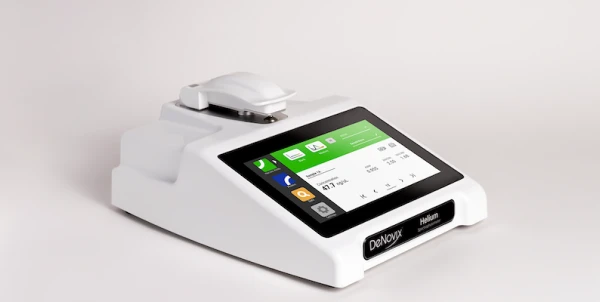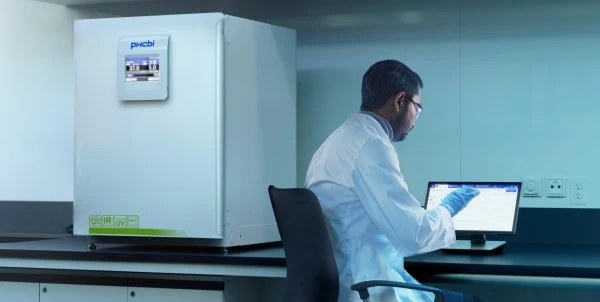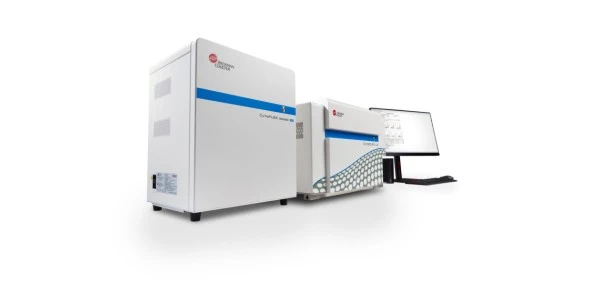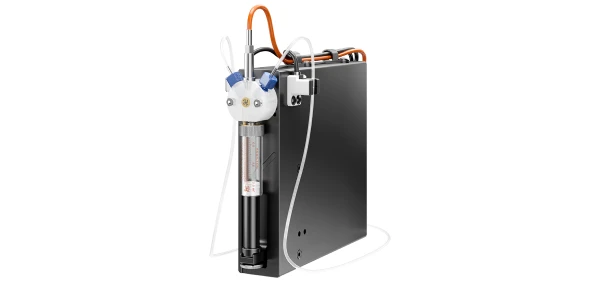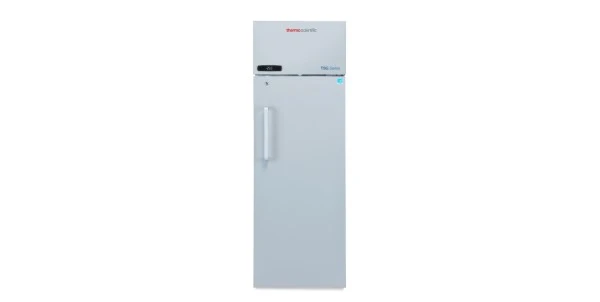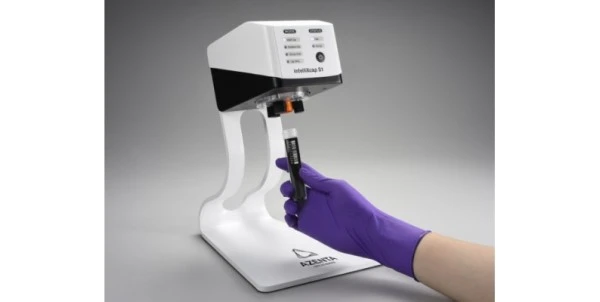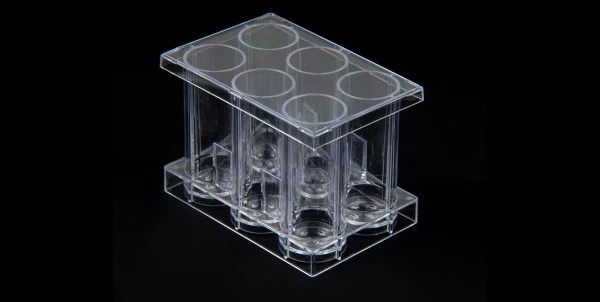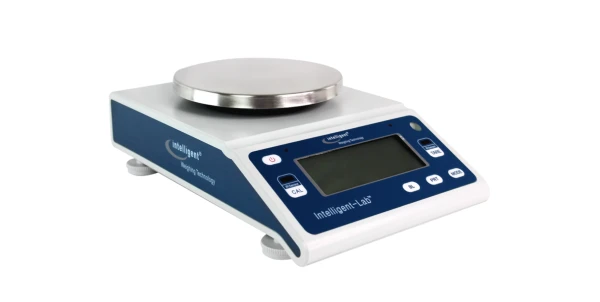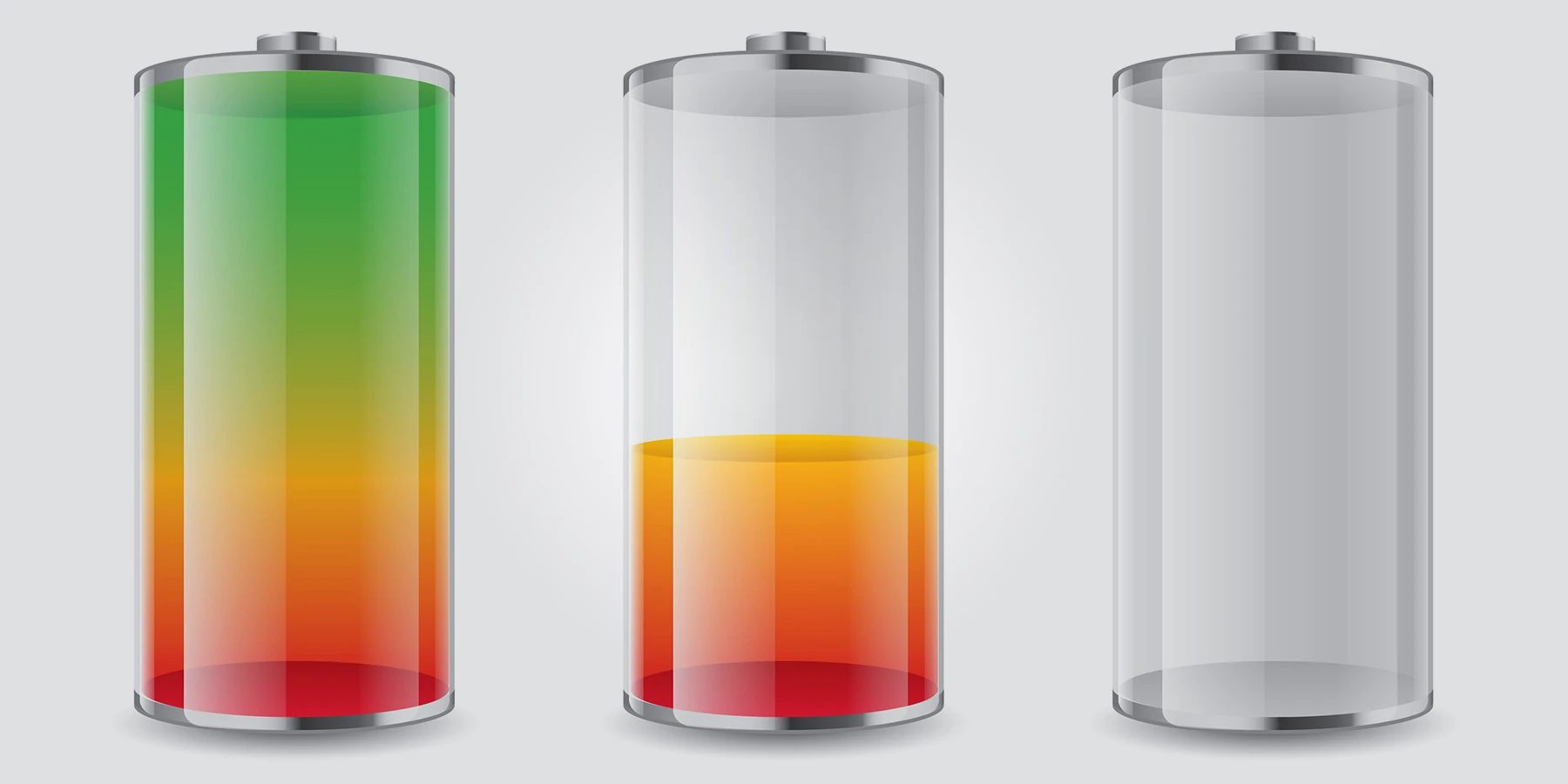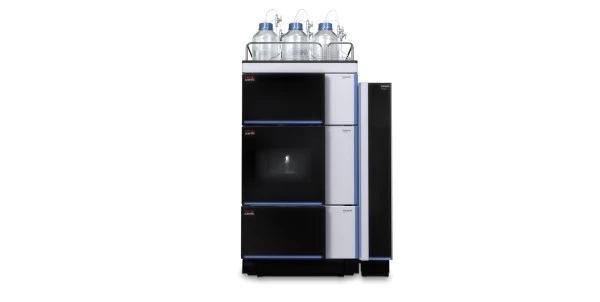From Cool to Cold to Ultra Cold: Cold Storage Solutions for Your Lab
Research and development of the COVID-19 vaccine brought the importance of reliable, accessible cold storage into focus for both researchers and the public. Effective cold storage options are crucial to a number of types of research, and different experiments have different cold storage requirements. There are a wide range of laboratory grade refrigerators and freezers available, for temperature requirements ranging from +10°C to -150°C. Different cold storage units also come with a variety of different arrangements, from clear doors to customizable racking to under counter models. With all the options available, you need to be sure to consider what type of use your fridge or freezer is going to get as well as the spatial limitations of your lab before purchasing.
Cool: Lab Refrigerators
A laboratory refrigerator needs to keep its contents below room temperature but above freezing, usually around 4°C. Most commonly used for storing things like chromatography reagents, blood samples, and pharmaceuticals, the most important aspect of a lab refrigerator is its ability to maintain a constant temperature. Modern cold storage achieves this with a series of sensors, alarms, and digital programmable temperature controls. Some models even include the ability to monitor and adjust temperature remotely.
Product Highlights:
Thermo Scientific’s TSX series of high-performance lab refrigerators are designed with features that support sample protection and sustainability objectives for the storage of media, reagents, chemotherapy, pharmaceutical and other medical and laboratory-grade storage requiring 2° to 8°C. The TSX Series’ V-drive technology is designed to provide temperature uniformity that continually adapts to user patterns, offering significant energy savings without compromising protection.
Helmer’s i.Series of medical-grade refrigerators are packed full of a variety of features, including the i.C3® Information Center, which provides intelligent diagnostic information and temperature data while providing security features to keep the information safe. All i.Series models also feature self-closing doors, ventilated adjustable shelves, and environmentally friendly cooling technology that reduces energy consumption compared to traditional medical-grade refrigeration.
Cold: Lab Freezers
Standard laboratory freezers operate well below freezing, and are usually colder than a standard kitchen freezer (around -18°C). The most common set points for lab freezers are -20°C and -40°C, depending on the contents, so lab freezers must be capable of a temperature range between -15 and -50°C. This range is frequently divided into more specific temperature spreads in order to provide more specialized function, so be sure to know exactly what you need your freezer to be capable of before choosing one for your lab.
Product Highlights:
PHCbi designs high performance, energy efficient products. Their laboratory grade freezers are field-proven for reliability in critical performance parameters associated with biological specimens, vaccines and other high value stored materials. They offer a selection of preservation products that are ENERGY STAR Certified for performance and efficiency, achieved using naturally occurring hydrocarbon [HC] refrigerants that are environmentally friendly and compliant with sustainability objectives for non-depletion of ozone. Their systems are also designed to manage overall performance, reliably protecting stored products and lowering operating costs by up to 28% compared to conventional models.
Coldtainer offers a uniquely portable option for cold storage that is used around the world to safely transport critical pharmaceutical materials. Whether it is used for a blood transport cooler, a portable vaccine refrigerator, the cooled transport of biological samples, or a mobile, temperature-controlled, shipping unit for vaccines and medicines, Coldtainer has you covered. These units include an option for a bluetooth enabled phone application for storing temperature data during transit as well as a heating system to provide correction for consistent temperature control, allowing for the safe transport of sensitive pharmaceutical and medical products.
Ultra Cold: Ultra Low Freezers
Ultra low temperature (ULT) freezers are defined as freezers that operate between -50°C and -86°C, and are sometimes referred to as a “negative 80 freezer” based on -80°C being the most common temperature standard. Cryogenic chest freezers can achieve temperatures as low as -150°C. ULT freezers are used most frequently in life sciences and molecular biology, as many biological samples — like DNA, RNA, proteins, and other cell extracts — require cryopreservation for safe long-term storage. These freezers have been prominent in the COVID-19 vaccine discourse as the mRNA-based vaccinations initially required ultra low temperature storage for long-term viability.
Product Highlights:
Stirling Ultracold specializes in ULT freezer solutions based on a unique compressor-less refrigeration system. Their freezers use the SU780XLE, a free-piston engine as opposed to the industry standard electric compressor drive, which is designed to reduce energy consumption, maximize performance and lifetime, and decrease costs of operation. Unlike compressor-based systems, this technology can also be miniaturized, which allows for ULT storage that is portable enough to be hand-carried, something that is highly useful in clinical settings and remote locations where full-size models are impractical.
Eppendorf’s CryoCube freezers combine high-quality and reliability. Based on a strong compressor for fast recovery to -80 °C after opening, these freezers are easily able to compensate for multiple openings per day, providing your valuable samples a safe and cold location. The CryoCube line was built with the PhysioCare concept for superior performance and environmental efficiency.
Whether you are looking for cool, cold, or ultra cold solutions, there are a variety of options available to you. Many companies make all levels of cold storage products, so if you find one you like you will likely be able to purchase a different style from the same source. Whatever your needs, the products are out there.
For new and used cold storage products available on LabX see here for refrigerators and freezers.
